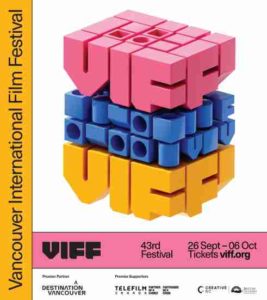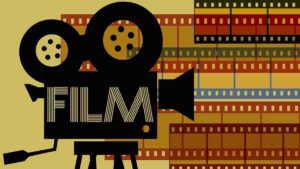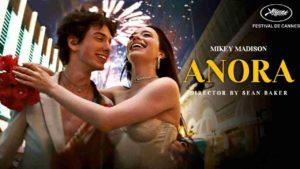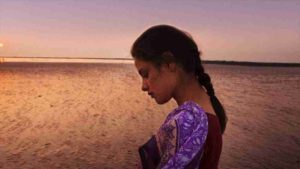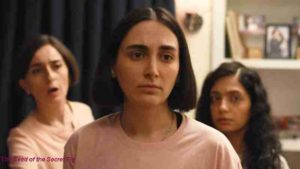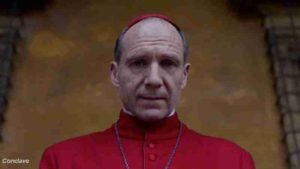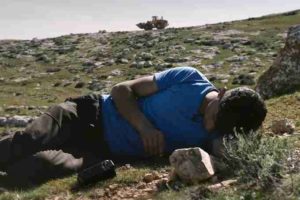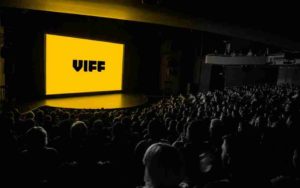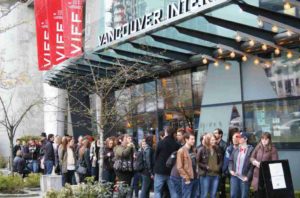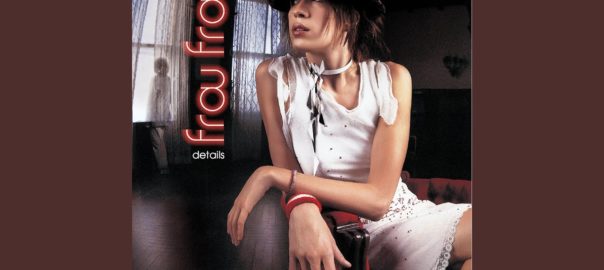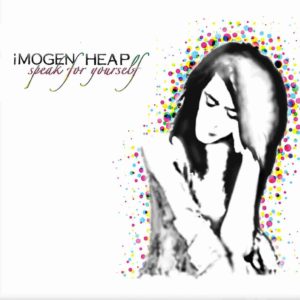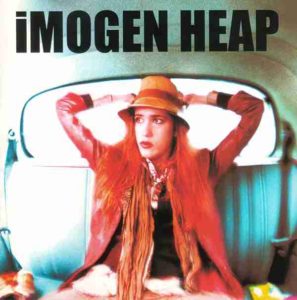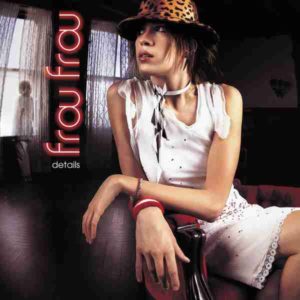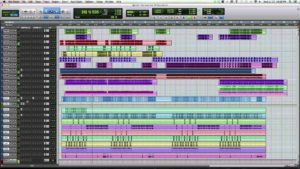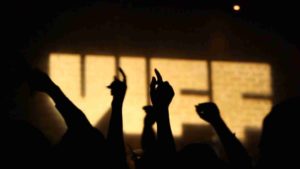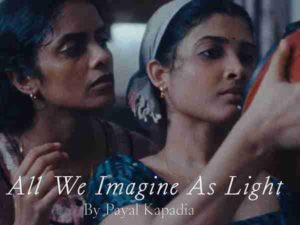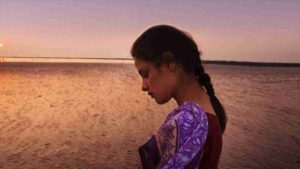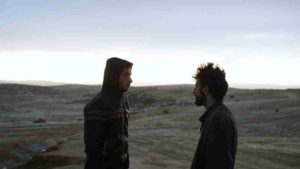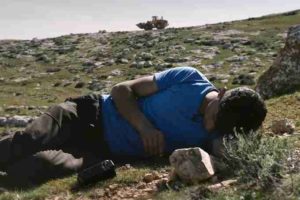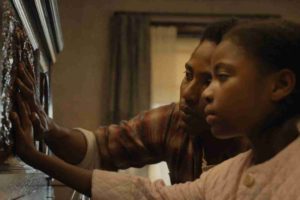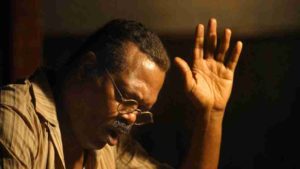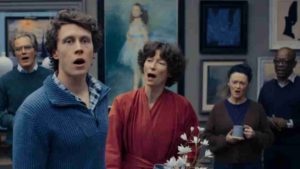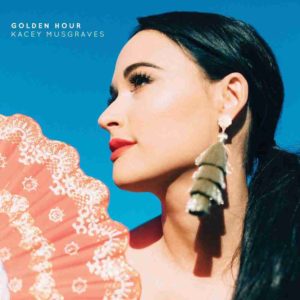
Kacey Musgraves, born on August 21, 1988, in Golden, Texas, is one of contemporary music’s most original and respected voices, known for her ability to craft lyrics that are witty, vulnerable, and unflinchingly honest.
Musgraves’ unique blend of traditional country roots, modern sensibilities, and genre-defying experimentation has positioned her as a standout in both the country and pop music scenes.
Musgraves’ breakthrough came with her major-label début album Same Trailer, Different Park in 2013. The album featured the single Merry Go ‘Round, a melancholy portrayal of small-town life, and the cheeky, rebellious anthem Follow Your Arrow, which encouraged people to live authentically regardless of societal norms.
Her lyrics, which tackled themes of non-conformity, marijuana use, and same-sex relationships, were bold for the country genre, known for its traditional values. However, her authenticity resonated with listeners, earning comparisons to past pioneers like Willie Nelson and Dolly Parton.
Musgraves’ rise to prominence in the early 2010s established her as a sharp lyricist and a trailblazer in country music, and her 2018 album Golden Hour cemented her status as a cross-genre force, earning her critical acclaim and commercial success.
While Musgraves had already earned significant acclaim with her earlier albums, it was Golden Hour that catapulted her to a new level of fame.
Released in March 2018, Golden Hour marked a departure from her previous work, blending country with elements of pop, disco, and electronic music. The result was a dreamy, genre-blurring collection of songs that felt both fresh and timeless. Musgraves has referred to the album as her “space country” project, reflecting its expansive sound and experimental approach.
Much of Golden Hour was influenced by Musgraves’ personal life, particularly her relationship with then-husband Ruston Kelly.
The album’s themes of love, heartache, and self-discovery resonated with listeners across genres. Songs like Slow Burn and Butterflies captured the warmth of new love, while tracks like Space Cowboy and Happy & Sad explored the bittersweet and often contradictory nature of human emotions.
Kacey Musgraves’ third album goes down so smoothly that it might not even scan as a total reinvention. Throughout Golden Hour, the East Texas singer-songwriter is radiant, awestruck, taking the scenic route to the bar just for the hell of it.
After Musgraves’ previous two albums, which felt like they were cut from the same home-sewn flannel cloth, in 2018 she ventured beyond the front-porch hum of country music. On Golden Hour, Musgraves employed strings, vocoders, disco beats. And if this sounds like a left turn for the lovable cynic who once characterized the world as an absurd beauty contest, a bad party, and a toxic boys’ club, well, that’s kinda the point.
Since 2015’s Pageant Material, the then 29-year-old singer-songwriter has changed her perspective.
On Golden Hour, everything sprawls and swells and gushes, a gaping sky that makes the sonic landscapes of her previous albums feel like mere set dressing. The result is Musgraves’ most accessible record and her most ambitious, a magnetic, comfortable culmination of her pop and country instincts.
The album’s production, handled by Musgraves alongside Daniel Tashian and Ian Fitchuk, was a critical element of its success.
The lush arrangements, ethereal synths, and subtle country flourishes created a sonic landscape that felt both intimate and expansive.
Golden Hour was a striking departure from mainstream country music, which at the time was dominated by bro-country and pop-country trends. Instead, Musgraves embraced a more eclectic and nuanced sound that allowed her to transcend genre boundaries.
This genre fluidity was key to Musgraves’ crossover success.
Kacey Musgraves stands out in the crowded landscape of modern music arising from her ability to remain true to herself while pushing boundaries. Her lyrics are clever, often laced with humour, but they never shy away from exploring the depths of human emotion.
In a world where many artists feel pressure to conform to commercial trends, Musgraves’ authenticity is refreshing. Her refusal to be boxed into any one genre has allowed her to build a diverse fan base, and her music continues to resonate with listeners across demographics.
As a result, she has become a symbol of creative freedom and artistic integrity in an industry that often prioritizes marketability over originality.
In Golden Hour, Kacey Musgraves created a work of art that transcended the limitations of genre, and in doing so, she solidified her place as one of the most innovative and respected artists of her generation.
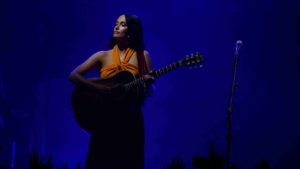
Now, here’s some good news: Kacey Musgraves will play Rogers Arena in Vancouver this upcoming Thursday, September 19th, with the concert getting underway at 7:30pm. Ticket prices range from $73.80 to $247.40.

